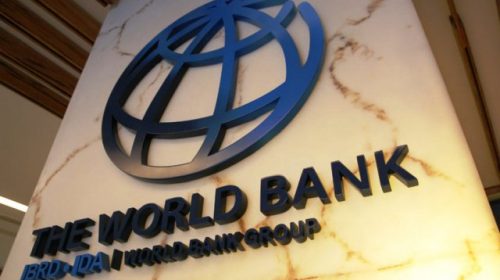Bank of Agriculture Disburses Over N1bn to Kogi

Over N1.4 billion has been disbursed in Kogi State since the inception of the bank in the state.
The Managing Director and Chief Executive of Bank of Agriculture, Mallam Kabir Muhammed Adamu disclosed during the inauguration of the bank’s branch.
According to him, out of the amount, only about N375 million had been repaid back leaving a balance of over N1 billion.
Represented by the Executive Director of Retail banking of the bank, Mr. Emmanuel Ameh said before the closure of the former Okene branch, the sum of over N91 million was disbursed to members of the community and the repayment has not been too encouraging.
He pointed out that with the new beginning, the branch would have 100 per cent repayment in all subsequent disbursements.
The managing director seized the opportunity requesting all those who collected loans from the bank and still owe to go and pay up.
He mentioned that without paying back their earlier loan, they cannot have any relationship with the bank again stressing that the bank charges between 9 percent and 20 percent on it loans.
According to him, the bank which is owned by the Federal government had been in agricultural financing for over four and a half decades stressing that the bank currently operates on 136 business locations nation-wide.
He stressed that it was common knowledge that waste disposal rather than waste management was prevalent in Nigeria and this involves co-disposal of general and hazardous wastes on land, water bodies, roads and uncontrolled and open burning.
Ahmed lamented that the practices portend serious danger to the environment, health and also retard economic development.
The permanent secretary stressed that the policy should be able to promote among others; waste reduction at source, recylce and reuse as the best option for solid waste management in Nigeria to promote resource conservation and environmental protection.
He added that the policy should also promote private sector participation and investment including Foreign Direct Investment (FDI) in waste management as government alone cannot continue to handle the issue of solid waste management and active participation of all including the citizenry, corporate bodies among others.
Ahmed therefore stressed the government’s readiness to work with relevant stakeholders to develop actionable work plans to drive implementation of the policy.






Leave a Reply